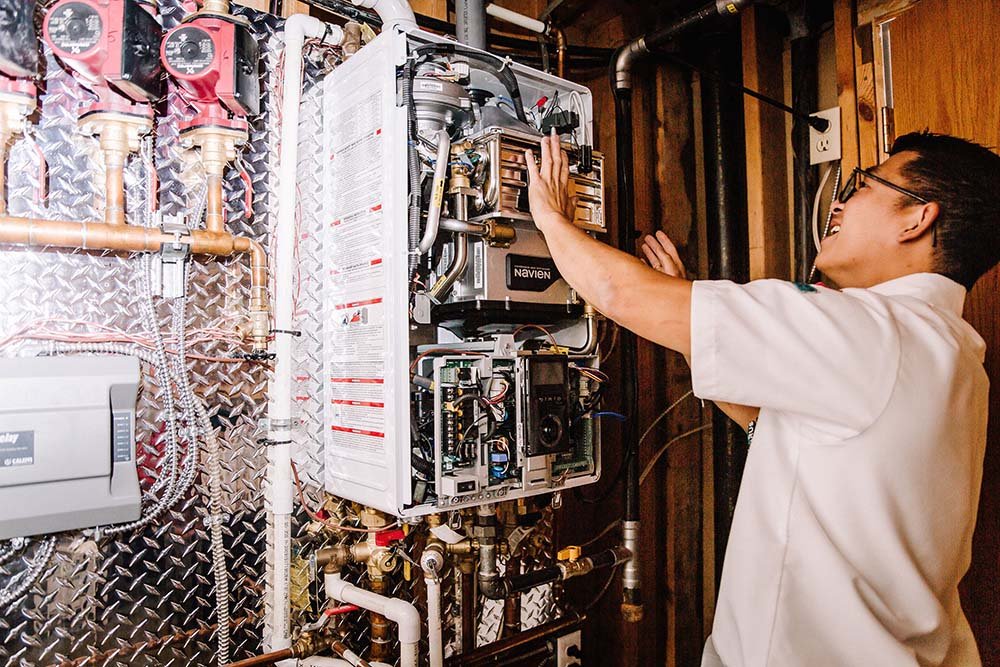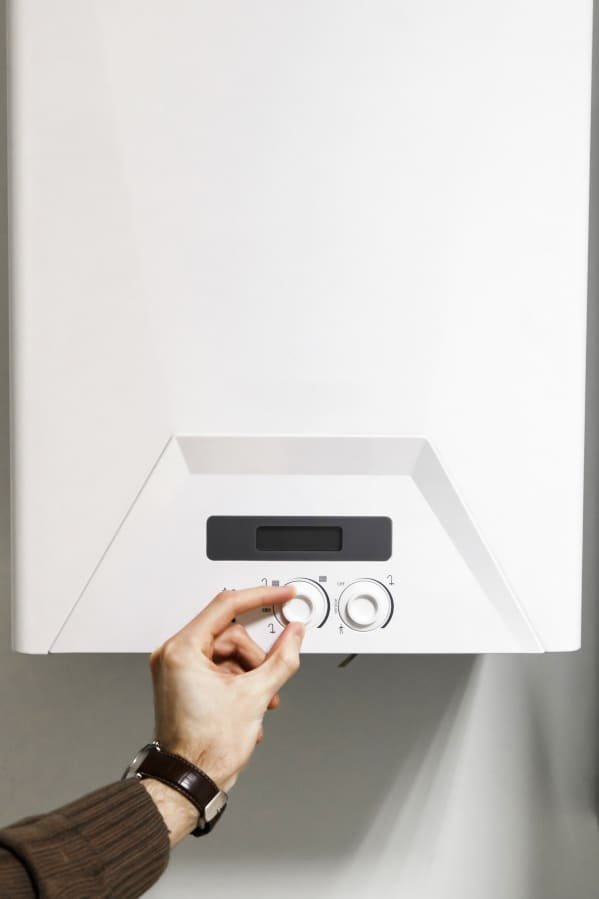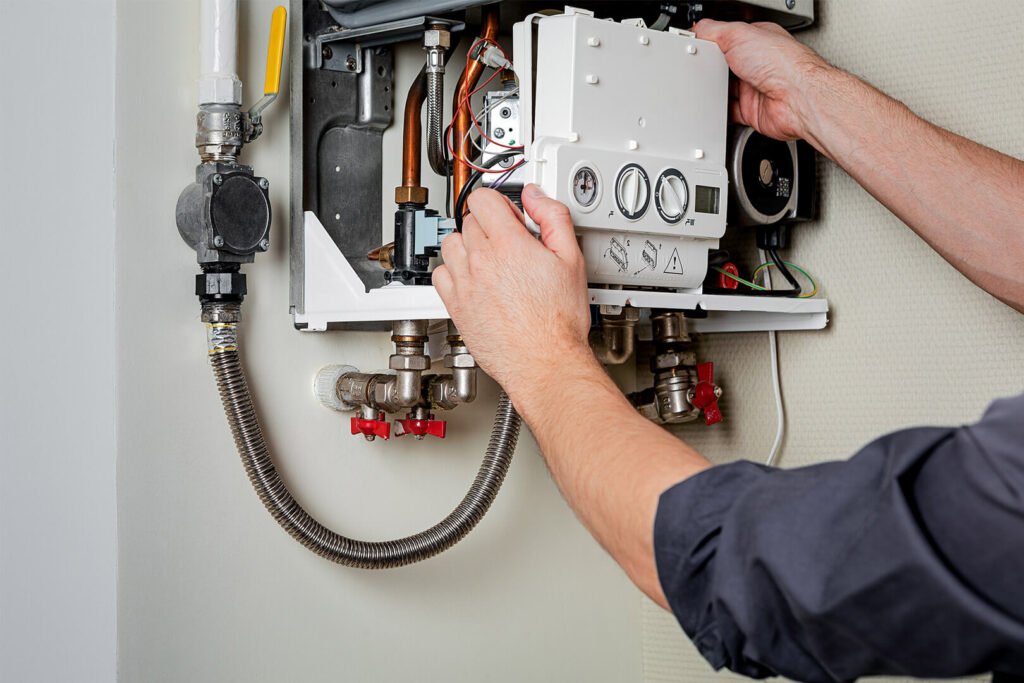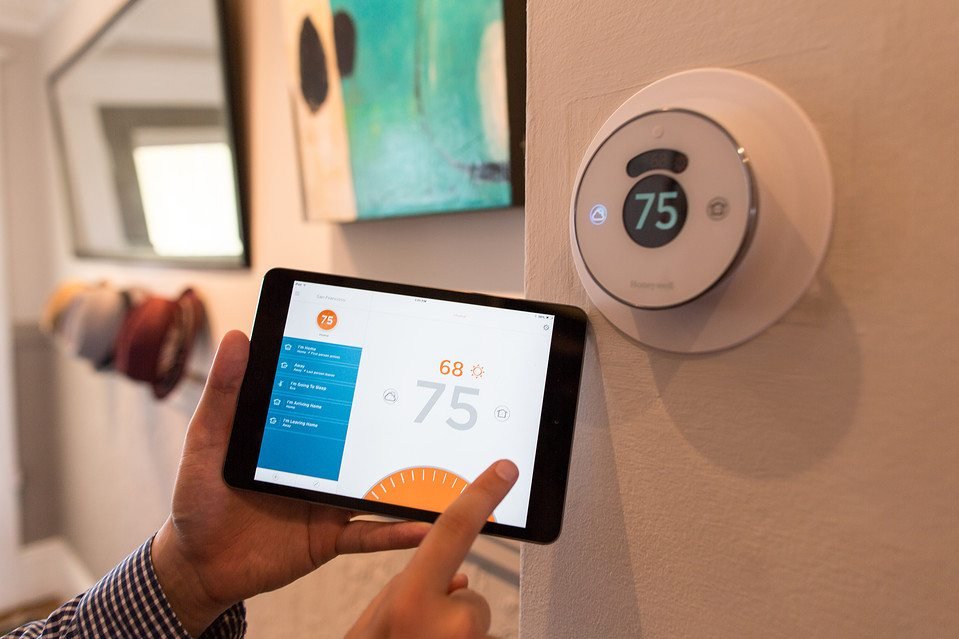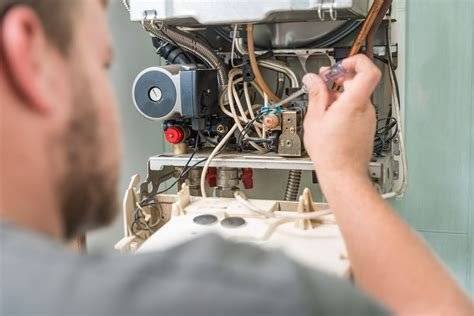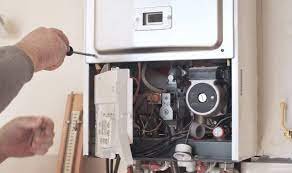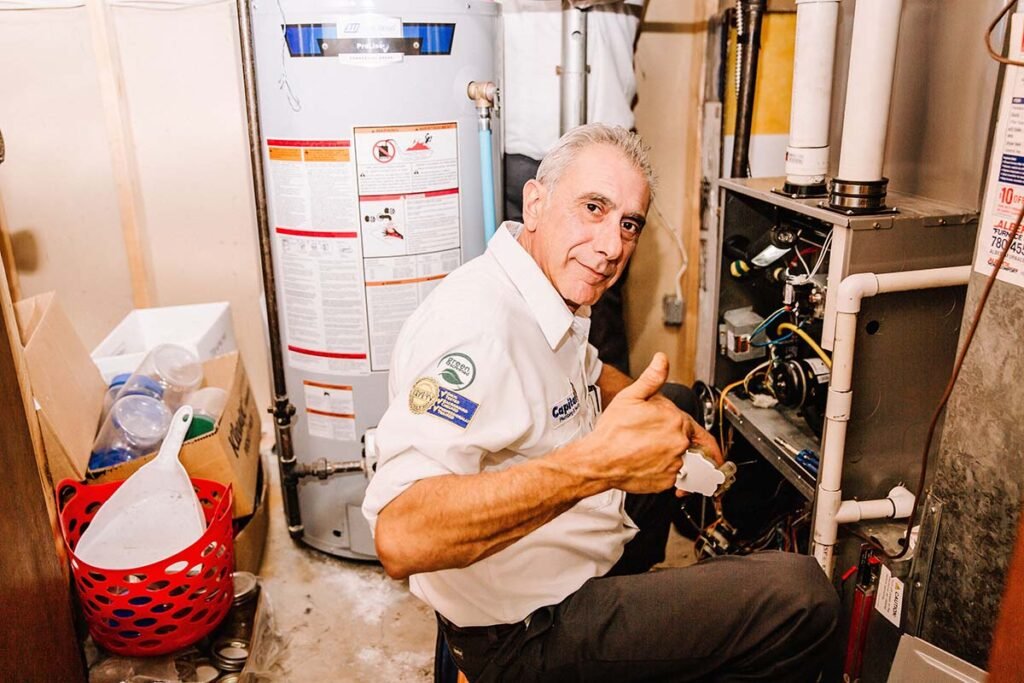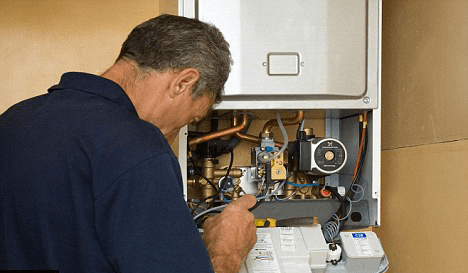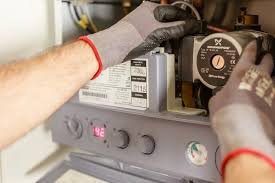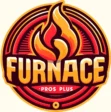Furnace Installation Spruce Grove - Your Trusted Heating Specialists
Furnace Pros Plus is your trusted partner for all your heating requires. With years of experience, we concentrate on delivering superior heating services to keep your home warm and comfy. Our team of proficient professionals devote themselves to offering professional furnace setup, upkeep, and repair services. We comprehend the value of an effectively functioning heater, especially during the chillier months. We prioritize performance, affordability, and consumer fulfillment in every job (huge or little). Whether you need a new furnace, a routine check-up, or emergency repairs, depend on Furnace Pros Plus for dependable and effective heating services that guarantee peace of mind and comfort.
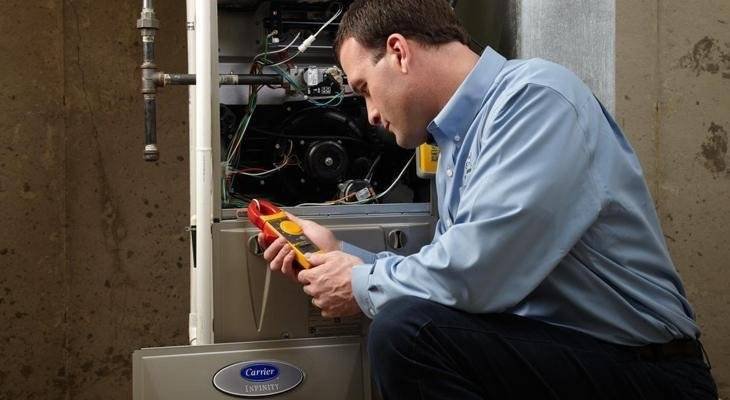
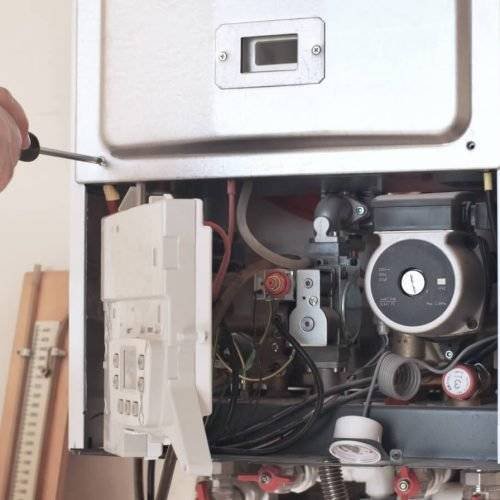
Who Are We?
Domestic Furnace Replacements & Repairs
Furnace Pros Plus stands out as the leading furnace setup and repair contractor in Spruce Grove, due to its dedication to quality, consumer fulfillment, and expertise. This reputable heating contractor has developed a strong track record by regularly delivering trusted and effective furnace services customized to the distinct needs of each consumer.
One of the key factors that set Furnace Pros Plus apart is its team of highly proficient and certified professionals. Each specialist brings a wealth of experience and is carefully trained to handle a large range of furnace systems, from older models to the latest innovations. This makes sure that no matter the type or complexity of the furnace, Furnace Pros Plus has the expertise to successfully detect and fix any concerns.
Additionally, Furnace Pros Plus places a high priority on customer support. The company comprehends that furnace issues can be disruptive, particularly during the harsh Spruce Grove winters. As a result, they offer timely and trusted service, ensuring that their professionals are readily available 24/7 to address any emergencies. This responsiveness lessens downtime and makes sure that homes and businesses are kept warm and comfy without substantial hold-ups.
Furnace Pros Plus also sticks out for its dedication to using only high-quality parts and items. By partnering with leading makers, the company ensures that every setup, repair, or upkeep job meets the highest standards of toughness and performance. This not only enhances the durability of the heaters but also improves their performance and energy performance, which can result in substantial expense savings for customers with time.
The company’s commitment to transparency and fair pricing further enhances its track record. Furnace Pros Plus provides comprehensive, upfront quotes without hidden charges, ensuring that customers comprehend what they are spending for and can make informed decisions about their furnace requires.
Lastly, Furnace Pros Plus adds to the regional community by remaining ecologically mindful and promoting energy-efficient services. By recommending customers on the very best practices and items for decreasing energy intake, they assist Spruce Grove homeowners and businesses decrease their ecological effect and take pleasure in better air quality.
All these factors integrate to make Furnace Pros Plus the premier choice for anybody trying to find dependable and high-quality furnace setup and repair services in Spruce Grove, Alberta
How can we help you?
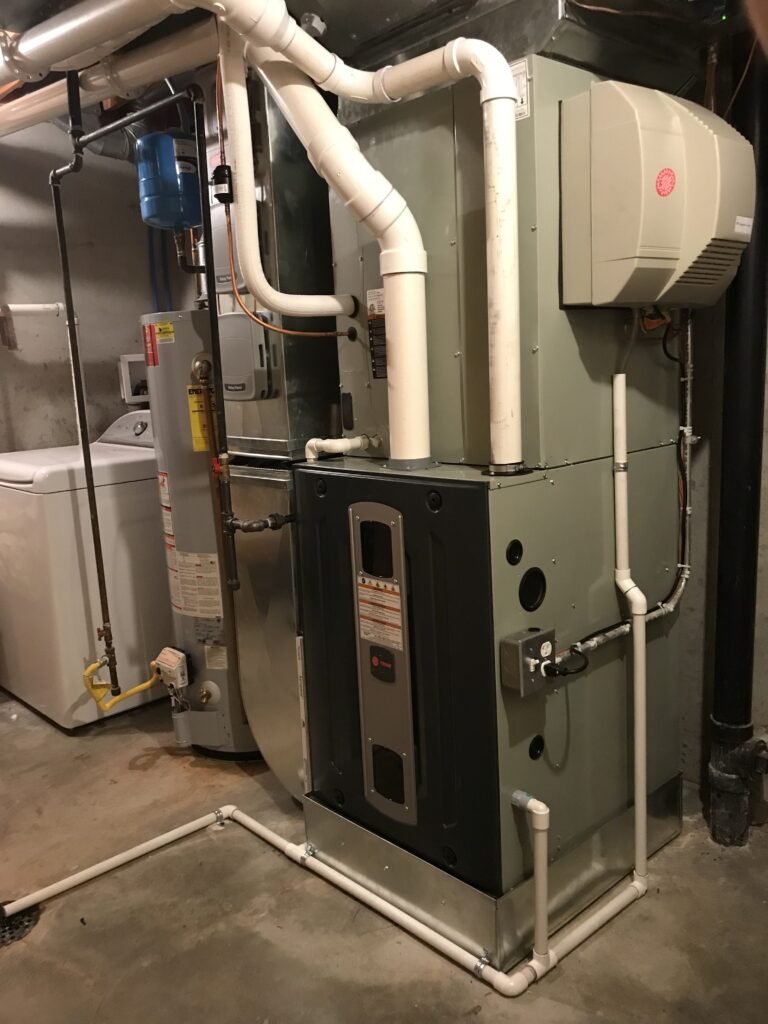
Understanding the Expense of Installing a Modern Furnace
Intro
A functioning furnace is vital when it pertains to keeping a comfy and warm home during the chillier months. However, there comes a time when setting up a new furnace is inescapable.
Understanding the expenses involved in this procedure is important for homeowners to plan and spending plan accordingly. This extensive guide checks out the different factors influencing the expense of setting up a new furnace.
Aspects Influencing Furnace Setup Expenses
Kind of Heater:
- Gas Furnaces: Popular for their performance, they typically cost more upfront however offer lower operating costs.
- Electric Furnaces: They are cheaper than gas heaters. However, electrical models tend to have higher operational expenses due to electrical power prices.
- Oil Heating systems: These are less typical and can be more expensive due to the expense of oil.
Furnace Size and Capability
- Square Footage: The size of your home directly affects the capability needed for the furnace.
- BTU Rating: Greater BTU rankings relate to more powerful heaters, which can increase the expense.
Performance Rankings
Yearly Fuel Usage Performance (AFUE):
Greater AFUE rankings mean better performance however also featured a higher price.
Brand name and Quality
Top-tier brand names typically command higher prices due to their track record for quality and durability.
Installation Intricacy
- Existing System: Upgrading from an old system may need extra work and expense.
- Ductwork: The condition and layout of existing ductwork can affect setup complexity.
- Availability: Challenging access to the setup site can increase labour expenses.
Labour Expenses
Labour expenses vary by region. In addition, the complexity of the setup can influence labour expenses.
Additional Expenses to Think About
- Permits: Some areas need permits for furnace setup.
- Inspections: City bylaws may need post-installation assessments for safety compliance.
- Thermostats: Upgrading to a smart thermostat can incur extra expenses.
Typical Expense of Furnace Installation
While prices can vary commonly based on the factors mentioned above, here are some average expense ranges for furnace setup:
- Gas Heating systems: $2,000 to $5,000.
- Electric Furnaces: $1,000 to $2,500.
- Oil Heating systems: $2,500 to $6,000.
These are rough quotes and can vary based on specific home requirements.
Cost-Saving Tips.
Research study and Compare.
Obtain numerous quotes from various contractors to guarantee competitive pricing.
Look For Rebates and Rewards.
Search for energy performance rebates used by energy companies or government programs.
Think About Long-Term Savings.
Purchasing a more effective furnace can reduce energy expenses with time.
Conclusion
Setting up a new furnace is a substantial financial investment, and understanding the expenses involved is vital for any house owner. By thinking about the type of furnace, setup complexity, labour expenses, and extra costs, homeowners can better get ready for this needed upgrade. Keep in mind to look for numerous quotes, explore readily available rebates, and consider long-term energy cost savings when choosing.
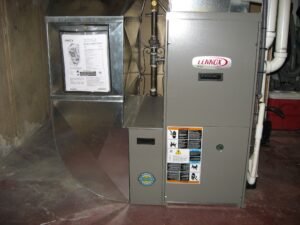
The Right Size Furnace for Your Home: A Comprehensive Overview
Intro
Choosing the best size furnace for your home is important for ensuring effective heating and comfort during the chillier months. A heating system that’s too little won’t keep your house warm, while one that’s too big can trigger unnecessary energy intake and unequal heating. This guide will assist you identify the ideal furnace size for your home.
Understanding Furnace Sizing: BTU and Performance
We determine the size of a furnace in British Thermal Units (BTU). One BTU is the energy needed to raise the temperature of one pound of water by one degree Fahrenheit. When picking a furnace, two key factors contribute: the BTU score, showing the furnace’s heating capability, and its performance score, measured in Yearly Fuel Usage Performance (AFUE).
Computing Your Home’s Heating Needs
You should determine your home’s heating requires to identify the appropriate furnace size. The calculation considers factors like square footage, environment zone, insulation quality, window type, and house layout. Generally, you need approximately 30-60 BTUs per square foot. However, this differs based on your home’s specific attributes.
Climate Zone and Its Impact on Furnace Size
Your geographical area substantially influences the furnace size needed. Houses in chillier areas, such as [area], need more BTUs per square foot than those in milder environments. Seek advice from a heating expert for specific recommendations.
The Function of Home Insulation in Furnace Sizing
Great insulation lowers the quantity of heat loss, suggesting you can go with a smaller furnace. Evaluate your home’s insulation in the walls, attic, and windows. Upgrading insulation can be an economical way to lower heating needs.
Factors To Consider for Different Kinds Of Furnaces
There are different kinds of heaters, like gas, electrical, and oil. Each type has distinct sizing considerations. Gas heaters prevail and effective, electrical heaters are more simple and safer however typically more expensive to operate, and contractors install oil heaters where gas isn’t readily available.
Value of Specialist HVAC Assessment
An expert HVAC evaluation is indispensable. Professionals consider all variables, consisting of ductwork and home layout, to advise the optimum furnace size. They can carry out a Manual J calculation, the market requirement for identifying heating and cooling loads.
Energy Performance and Cost-Effectiveness
Choosing a furnace with a high AFUE score is important for energy performance and expense savings. Modern heaters have AFUE rankings between 80% and 98%, showing the portion of fuel converted into heating. While high-efficiency heaters are more expensive upfront, they can result in substantial cost savings in the long run.
Addressing Common Misconceptions About Furnace Sizing
A common misunderstanding is that a larger furnace is constantly better. However, a large furnace can result in short biking, where the furnace often switches on and off, decreasing performance and lifespan. Alternatively, a small furnace has a hard time to warm your home properly.
Long-Term Benefits of the Right-Sized Heater
Choosing the right-sized furnace has long-term advantages, consisting of constant comfort, lower energy expenses, decreased carbon footprint, and fewer upkeep concerns. It’s a balance between upfront expenses and long-term cost savings.
Conclusion: Making an Informed Choice
Choosing the best size furnace is a choice that affects your home’s comfort and energy performance for several years to come. By understanding the basics of furnace sizing and seeking professional assistance, you can make an educated decision that makes sure optimum heating for your home.
Keep in mind, the key to an effective and comfy home lies in picking the best furnace and routine upkeep and thinking about other factors like insulation and environment. With this extensive guide, you are fully equipped to select the best furnace for your home, offering warmth and comfort for many winters.

Replace or Repair Furnace: A Encyclopedic Overview
Intro
Choosing whether to replace or fix your furnace is a substantial decision for any house owner. The choice affects your immediate comfort and safety and has long-term financial ramifications. This extensive guide will explore different elements to consider, helping you make an informed decision.
Understanding Your Heater
Life expectancy and Types
Heating systems typically have a life-span of 15-20 years. The two primary types are gas and electrical, each with various upkeep and operational expenses.
Indications of Difficulties
Common indications that your furnace may need attention consist of unusual noises, irregular heating, and increased energy expenses.
When to Think About Repairing Your Furnace
Repair work is typically the very best choice for small concerns or heaters that are fairly new and still under service warranty.
Cost-Effectiveness
Repairing can be more economical for small concerns. However, frequent repairs may suggest a much deeper problem.
Ecological Effect
Repairs typically have a lower ecological effect than replacing the entire unit.
When Replacement is the Best Choice
You must consider replacement if your furnace is near completion of its lifespan, repairs are becoming significantly expensive, or if it could be more energy effective.
Long-term Expense Savings
While the initial expense is higher, a new furnace can be more energy-efficient, saving you money on energy expenses.
Technological Advancements
Newer models feature advanced innovation, such as wise thermostats, which offer better temperature level control and performance.
Weighing Your Choices
Expense Analysis
Compare the expense of repairs with time versus the one-time expenditure of a new furnace.
Energy Performance
Evaluate how your current furnace’s performance is impacting your energy expenses.
Home Value
Consider how a new furnace may increase the worth of your home, especially if you prepare to sell in the future.
Professional Recommendations
Looking For Expert Opinion
Consult with HVAC specialists to evaluate the state of your current furnace and get quotes for repair and replacement.
Value of Regular Upkeep
Regular upkeep can extend the life of your furnace, whether you decide to fix or replace it.
Conclusion
In conclusion, choosing to fix or replace your furnace depends upon different factors, consisting of age, condition, expense, and energy performance. By thinking about these factors and seeking professional suggestions, you can make a decision that makes sure comfort, safety, and financial prudence for your home.
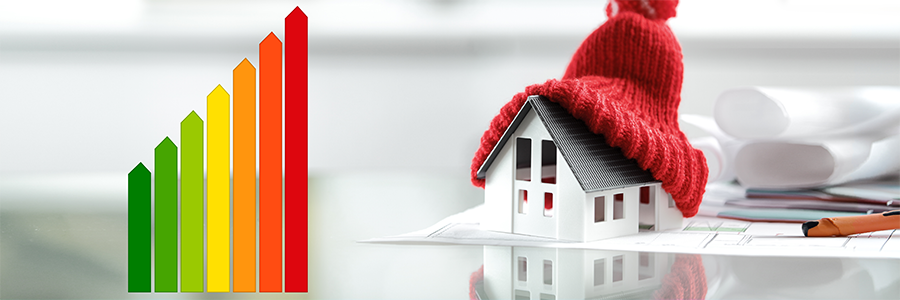
What Time of Year is the Least Expensive to Replace The Furnace?
Will a New Energy-Efficient Furnace Reduce Your Residence Insurance?
Intro
Home upkeep can be a substantial financial investment, especially when it includes important systems like heating. One of the most considerable expenses homeowners face is replacing their furnace. However, timing this replacement can result in substantial cost savings. This short article checks out the very best time of year to replace your furnace, thinking about cost-effectiveness and practicality.
Understanding Furnace Replacements
The Requirement for Replacement
Before diving into timing, it’s important to comprehend why and when you must replace your furnace. Common indicators consist of frequent repairs, heating inefficiency, and the unit’s age (usually beyond 15-20 years). Changing an outdated or malfunctioning furnace improves heating performance and makes sure safety and comfort during chillier months.
Aspects Influencing Furnace Prices
Numerous factors affect furnace prices, consisting of the type of furnace, brand, capability, and the complexity of setup. Seasonal demand is another substantial aspect, typically neglected, yet it plays an essential function in identifying the expense.
Finest Time for Replacement: Off-Season
Why Choose Off-Season?
The off-season, mainly spring and early fall, is typically the cheapest to replace a furnace. The demand for heating unit is lower during these periods than during the peak cold weather. Lower demand typically causes more competitive pricing from makers and installers.
Benefits of Off-Season Replacement
- Lower Expenses: Lowered demand can result in discounts and more consumer working out power.
- Schedule of Technicians: HVAC professionals are less busy during these times, ensuring more versatile scheduling and quicker setup.
- Adequate Time for Research study: The off-season gives homeowners sufficient time to research various furnace models and options without the pressure of immediate need.
Preparation Ahead
Using the off-season requires preparation. Anticipate the need for replacement and schedule it when the demand is low. This insight conserves money and avoids the inconvenience of a furnace breaking down in the middle of winter.
Winter season: The Peak Season
Challenges of Winter Replacement
- Greater Prices: The demand for furnace setup and repair peaks during winter, resulting in higher prices.
- Hectic Schedules: Finding a specialist might be more tough, and you may need to wait longer for a consultation.
- Emergency situation Replacements: If your furnace breaks down in winter, you may need to go with an instant replacement, which leaves little room for expense contrast or settlement.
Other Factors to consider
Energy Performance and Rebates
Purchasing energy-efficient models might be more expensive upfront however can result in long-term cost savings. Likewise, keep an eye out for rebates and tax credits used for energy-efficient home improvements.
Value of Regular Upkeep
Regular upkeep can prolong the life of your furnace, delaying the need for replacement. It’s a vital aspect of home care that you must focus on.
Conclusion
Timing your furnace replacement can result in substantial cost savings. The off-season, particularly spring and early fall, is typically the most economical duration for this financial investment. Preparation, thinking about energy performance, and keeping your current furnace can optimize costs and guarantee a warm, comfy home.
Intro
House owners typically ponder whether updating their home appliances and systems can result in cost savings on their home insurance coverage premiums. One typical question is whether setting up a new furnace reduces home insurance coverage expenses. This short article looks into how a new furnace setup may impact your home insurance coverage, using insights into insurance policies, threat management, and possible cost savings.
Understanding Residence Insurance Premiums
Before diving into the specifics of heaters and insurance coverage, it’s important to comprehend what factors influence home insurance coverage premiums. Insurance provider evaluate different factors, consisting of:
- Residential Or Commercial Property Age and Condition: Insurance Agents view more recent homes with updated systems as lower threats.
- Area: Geographical area and regional environment can substantially affect insurance coverage rates.
- Security Functions: The existence of alarms, smoke detectors, and other safety devices can reduce premiums.
The Effect of a New Furnace on Residence Insurance
Setting up a new furnace in your house can have several ramifications for your home insurance coverage:
- Lowered Risk of Fire and Gas Leaks: Modern heaters with advanced safety functions decrease threats like fire or gas leaks. This threat reduction can be favourable in the eyes of insurance coverage companies.
- Improved Energy Performance: Newer heaters are typically more energy-efficient, resulting in lower energy expenses and a minimized ecological footprint, indirectly impacting insurance coverage considerations.
- Boosted Home Value: Upgrading to a new furnace can increase your home’s market price, which may affect the coverage you need.
Prospective Insurance Discounts
Some insurance companies offer discounts for home improvements that lower threat. These may consist of:
- Protective Gadget Discounts: You may receive a discount rate if your new furnace includes advanced safety functions.
- Green Residence Discounts: Some insurance providers supply special discounts for setting up energy-efficient appliances.
Documentation and Appraisal
To utilize a new furnace setup for insurance coverage advantages, consider the following:
- Professional Setup: Make sure a certified professional installs your furnace, which can be a requirement for insurance coverage advantages.
- Keep Records: Keep all invoices and documents for the furnace purchase and setup.
- Inform Your Insurer: Notify your insurer about the upgrade. They may need an evaluation or extra documents.
Factors to consider Before Upgrading
While a new furnace can offer advantages, consider the following:
- Expense vs. Benefit Analysis: Assess if the long-term cost savings on insurance coverage and energy expenses validate the initial expense of a new furnace.
- Insurance Coverage Review: Talk with your insurance coverage representative to comprehend how a new furnace may specifically impact your policy.
Conclusion
Upgrading to a new furnace can reduce your home insurance coverage premiums by decreasing threat and enhancing your home’s safety and performance. However, the effect differs based on specific insurance policies and the specific functions of the furnace. It’s recommended to talk to your insurance coverage supplier to comprehend the full advantages and ramifications of a new furnace setup.
Frequently asked questions
Q: Just how much can I minimize my home insurance coverage by setting up a new furnace?
A: Cost savings vary based on the insurance coverage supplier and the specific functions of the new furnace. Consult with your insurance coverage representative for comprehensive info.
Q: Are there any specific kinds of heaters that are more favourable for insurance coverage discounts?
A: Heating systems with advanced safety functions, high energy performance rankings, and those that fulfill specific ecological standards are typically more favourable.
How to Get ready for a Heating System Installation
Setting up a new furnace in your house is a substantial financial investment and a vital upgrade to your home. It enhances the comfort of your home and improves energy performance. Correct setup preparation is important to guarantee the setup procedure is smooth and worry-free. This short article will direct you through the needed actions to get ready for a furnace setup.
Understanding Your Heating Needs
Assessing Your Space: The primary step is to evaluate the size of your area and comprehend the heating requirements. A too-large or too-small furnace for your home can result in inefficiency and higher energy expenses. Consulting with a heating professional to identify the best furnace size is important.
Choosing the Right Furnace: There are different heaters, consisting of gas, electrical, and oil. Each has benefits and drawbacks; the choice depends upon your area, spending plan, and individual preference. Research study and talk to professionals to make an informed decision.
Pre-Installation Preparation
Choosing a Qualified Installer: We can not overstate the value of selecting a qualified and experienced installer. Search for specialists with good reviews and correct certification. They will guarantee a proper setup and guide you through the procedure.
Clearing the Location: Make sure the area where you prepare to install the furnace is clear of any mess. A tidy area provides easy access to the setup team and speeds up the procedure. Get rid of any valuable or delicate items from the area to avoid accidental damage.
Preparing for Downtime: Depending on the complexity of the setup, your heater may be down for a few hours to a day. Plan accordingly, especially if the setup is during chillier months.
During Setup
Access to Your Home: Make sure the installers have easy access to your home, that includes ensuring that parking is readily available and a clear path to the furnace area.
Communication: Stay readily available to address any questions the installers may have. Clear interaction can assist fix any concerns rapidly and guarantee your setup goes as prepared.
After Installation Checks
Inspect the Setup: Once the setup is total, examine the deal with the installer. Make sure that the setup is total which the area is clean.
Understanding the System: Have the installer describe the functioning of the new furnace, consisting of how to change filters and the fundamental troubleshooting actions.
Warranty and Documentation: Ensure you get all needed documents, consisting of service warranty info and operating manuals. Keep these files in a safe place for future reference.
Conclusion
Preparing for a furnace setup includes understanding your heating requires, picking the best furnace, and selecting a qualified installer. By following these actions, you can guarantee a hassle-free setup procedure and take pleasure in the comfort and performance of your new heater for several years to come. Keep in mind, a little preparation goes a long way in ensuring a smooth and effective furnace setup.
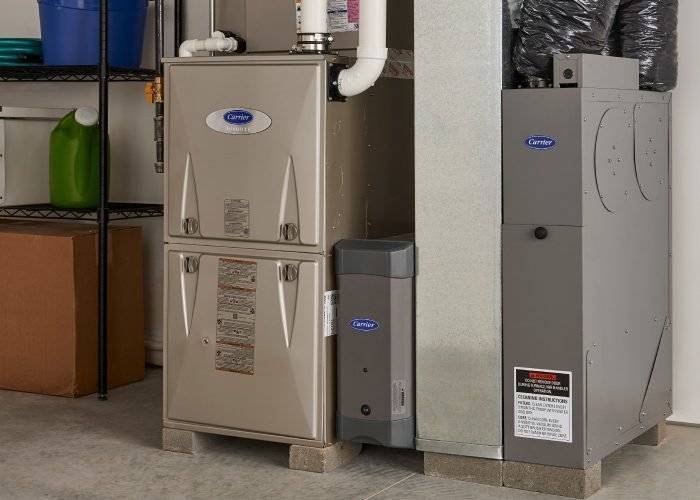
Our Work
